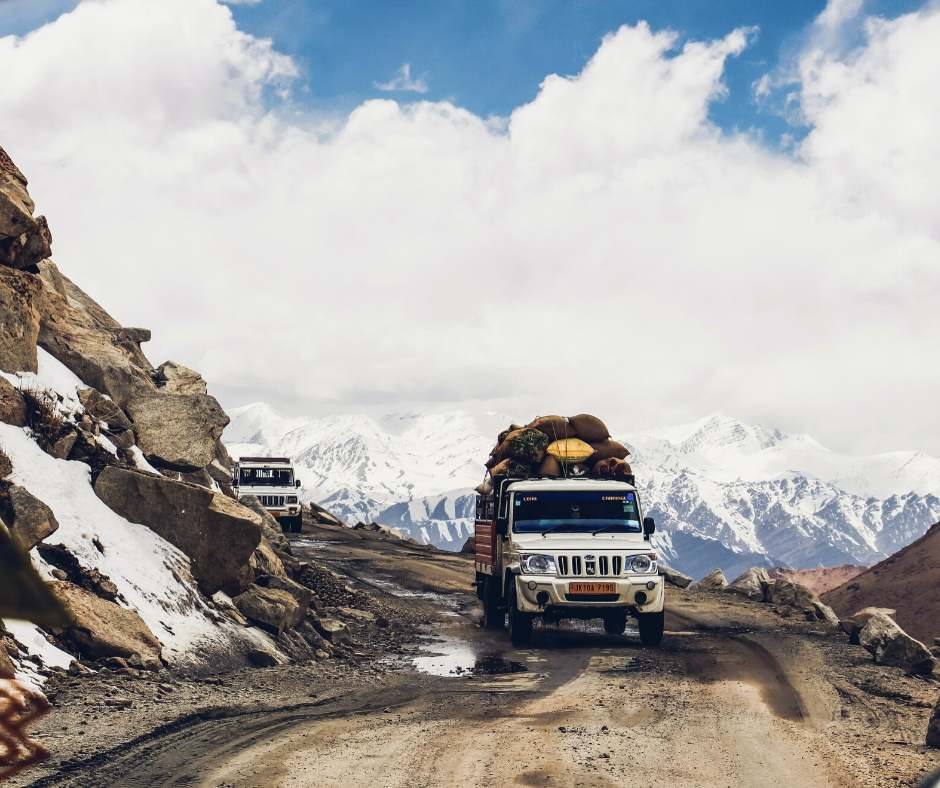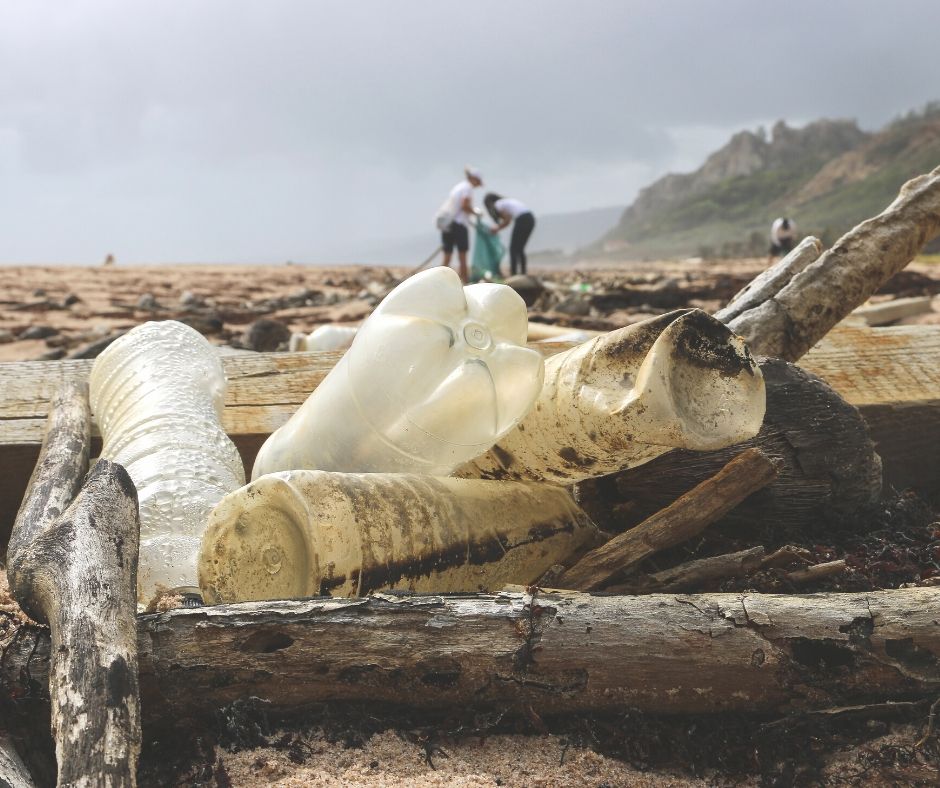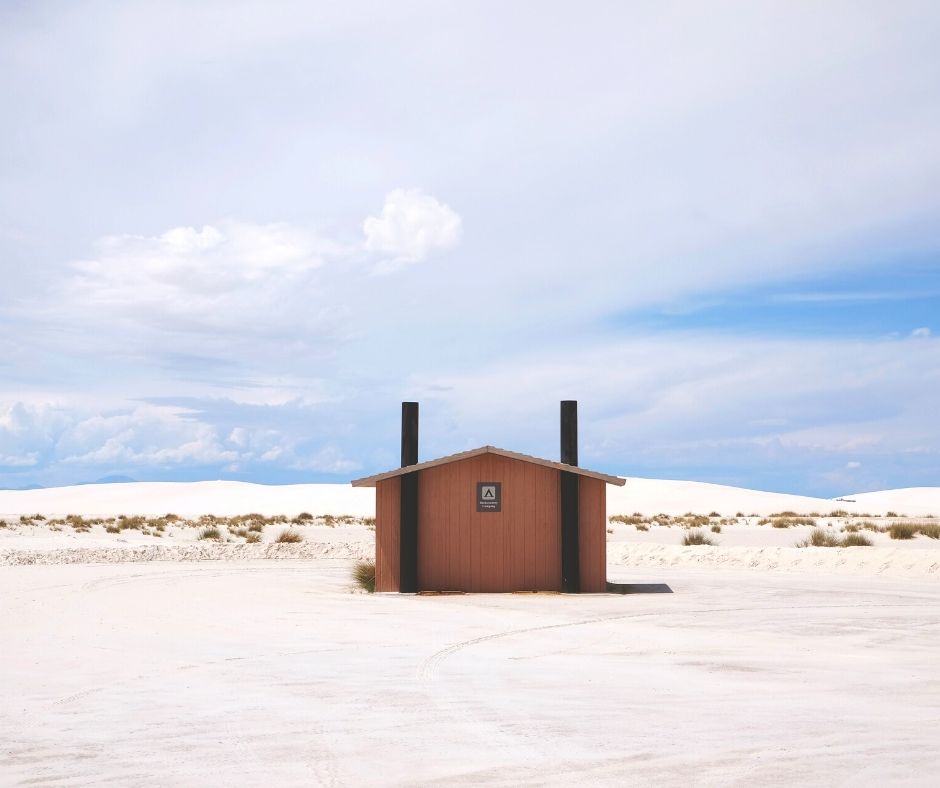Eco-Friendly Overlanding

When someone wants to overland, they typically choose a large vehicle with a gas or diesel engine. These vehicles have poor mpg’s resulting in a heavy environmental impact.
While hybrids or electric vehicles are still unpractical for the overlander, there are numerous ways to reduce negative eco-impact. Below are 17 ways to reduce your carbon footprint while overlanding.
1. Don’t Use Plastic Bags
The best way to protect the environment is to stop using plastic bags. It's simple yet effective! When you've mastered reusable bags, take it one step further by opting for plastic-free food and groceries. Steer towards items packaged in recyclable cardboard cartons, tins, bottles, and boxes.
2. Always Recycle
Sure, it takes a bit more effort since it's difficult to find recycling bins in remote places; however, it's doable. If you simply keep the good housekeeping habits that you exercise at home when you are camping, you’ll do your share to limit waste and your footprint on the environment. Since space is limited, consider switching to aluminum, crushable beer cans, and compact wine casks as opposed to space-hogging glass bottles.

3. Avoid Single-Use Products
USB rechargeable gadgets, kinetic watches, and solar torches are all cutting-edge and mobile camping products that have been making disposable batteries a thing of the past. This is the year to stop investing in single-use batteries and other one-off containers, especially butane stove canisters. Instead, opt for refillable gas bottles to cook your food and choose solar lights and solar powered device charging.
4. Be Wise with Water
Cherishing your water supply keeps you off the beaten track for longer, but it’s also good for the environment you are camping in. By making peace with the dust in your rig, showering less and saving your laundry for the next holiday park, you’re doing your part for a campsite and the environment. Install low-flow taps in your rig, water saving shower-heads, and always ensure that you catch a rain shower. Use a bucket at your feet while showering to catch the water that flows while waiting for the hot water to kick in. Ultimately this can be used in your hand-operated washing machine. Alternatively, for long-term usage consider modifying your rig to redirect the water from the sink and shower so it can be used to flush your toilet.
5. Eat Local and Organic
Always consider your foods fuel bill. By purchasing locally grown food that has fewer food miles and uses a lesser amount of fuel to transport and refrigerate it, you’ll be supporting the environment. It's also high octane fuel for your body!
6. Use Eco-Friendly Products
This is the year that you should make a priority to switch to biodegradable and natural personal and washing products. Shampoo, soap, sunscreen, laundry, and kitchen detergents should be biodegradable. They are healthier for you and your family while also kinder on the environment .Natural ingredients such as vinegar and bicarbonate of soda are not only cheap but safe ingredients as well. They can be used to clean toilets, floors, showers as well as bench tops.

7. Change Your Camping Habits
Continue your power saving habits even while plugged in at a campground. Always ensure that you switch off the shower while you soap up your hair and body and press the half flush button on the toilet each time. Never leave a tap running. It can drain up to 16 liters of water per minute from your tank.
8. Ditch Plastic Straws
Did you know that every single straw you have ever used is still on the planet today and they will never go away? Research suggests that people use millions of straws each year. Plus... the turtles. I'm sure you've seen the pictures of straws harming the turtles, so ditch the turtle harpoons, i.e. straws.
9. Invest in Good Camping Gear
Perhaps it may seem like a challenge to invest in proper camping gear since what’s good is never cheap, quality gear actually lasts the distance.So ultimately you’ll save money in the long run.

10. Manage Poop
Top tip from Sirocco Overland: "Yes, it was going to come up sooner or later. Realistically you cannot pack this out when overlanding so its the bury option. Human waste should be disposed of in a shallow hole six to eight inches deep at least 200 feet from water sources. Cover and disguise the hole with natural materials. It is recommended to pack out your toilet paper but again realistically you should burn this responsibly. Don’t forget the hand gel afterwards!" Another option is to purchase recycled, eco-friendly, toilet paper that you can bury. We had a modified camping chair that functioned as a toilet. Get yourself something similar and in remote areas you can enjoy a view in your most private moments! If you don't want to be viewed, though, use a shower tent over your modified camping chair for a full setup.
Conclusion
Camping is a wonderful way to de-stress and enjoy quality time with family and friends. Thanks to beautiful and natural campsites, you are afforded the privilege of enjoying what Mother Nature has to offer. Therefore, it is in your best interest and that of the generations to come that you try your utmost best to limit your impact on the environment. Overlanding may not be the most environmentally friendly option while camping, however, there are dozens of good habits that you can start practicing to ensure that you limit your carbon footprint on nature.
By: Evelin Weiss, Overlandsite.com